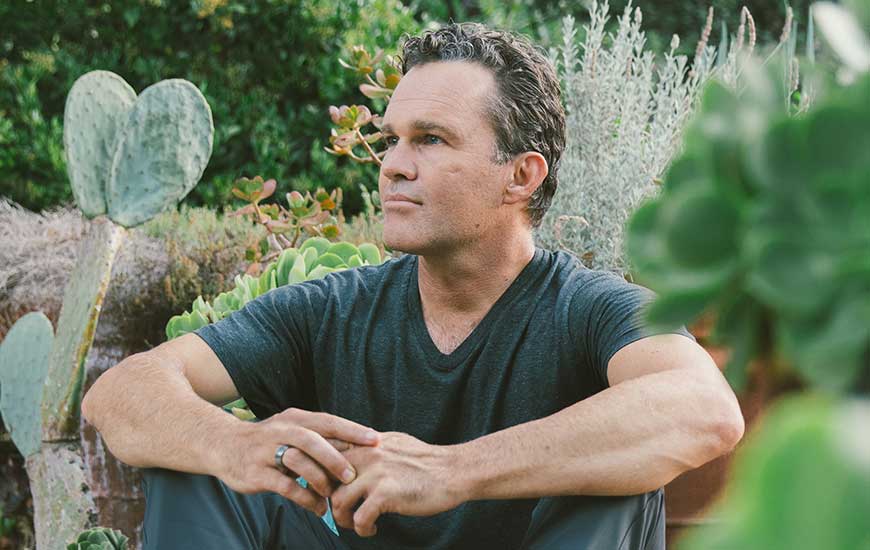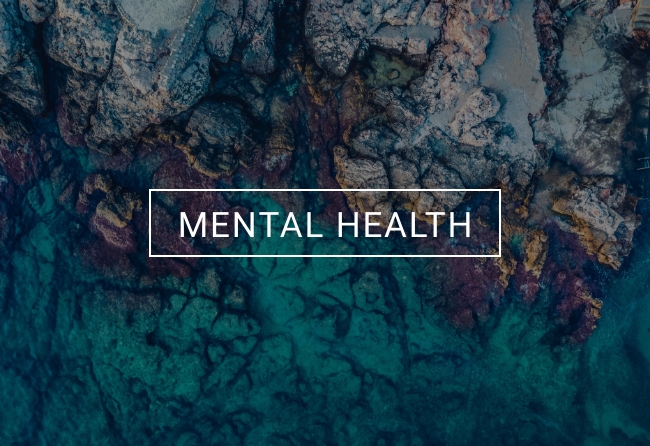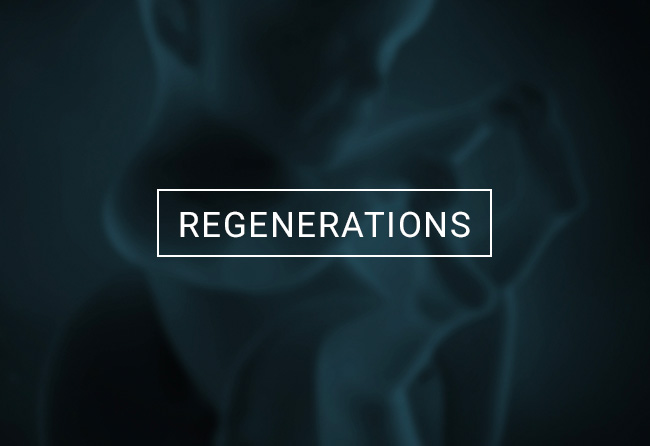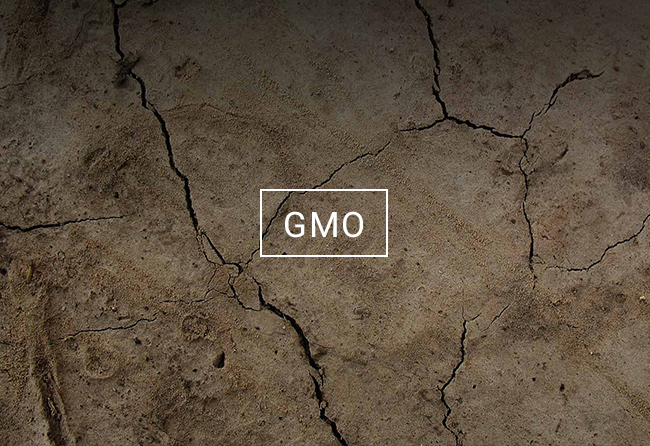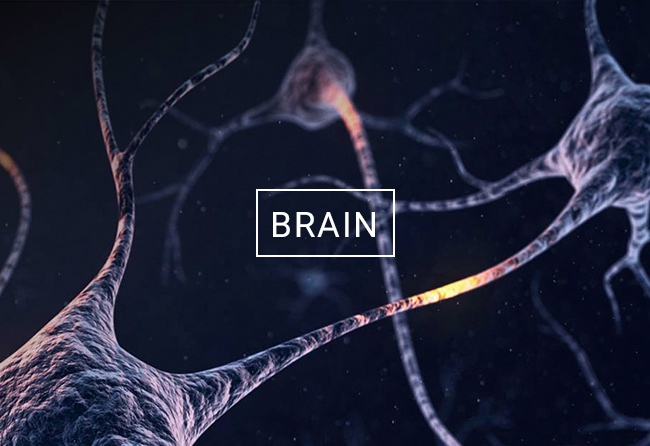POWERED BY THE GLOBAL HEALTH EDUCATION INITIATIVE
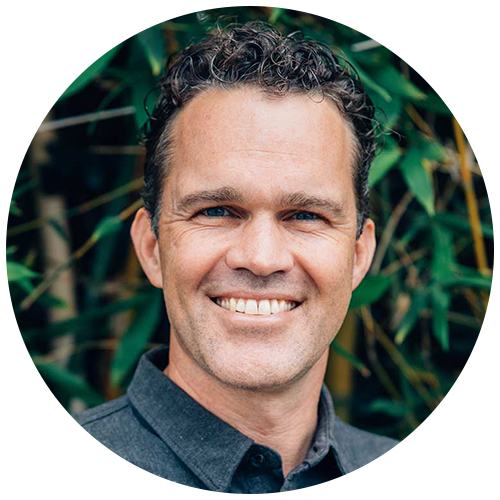
In recent years, autism has become an ever present term in the landscape of our lives.
Since 1975, autism spectrum disorder has risen in prevalence from 1 in 5000 children to 1 in 36 children in 2016. Over the last decade in the US, the rate has been doubling every 3-4 years, and we are on target to experience 1 in 3 children with ASD by 2035. There is no economy in the world that can withstand this level of disability.
If autism was the only disease we faced as a nation, we would become bankrupt through the support of this condition by 2035. Coupled with today’s rates in cancer, mood disorders, Parkinson’s, Alzheimer’s and all the other neurological conditions of our geriatric population, it is clear we are on the brink of collapse as a nation from this overwhelming cost and loss of productivity.
Improved diagnosis or increase in prevalence?
For anyone who has had the opportunity to watch a preschool class of 10-15 kids or a K-4 grade classroom of 15-25 kids, surely you have witnessed this current published rate is a marked under-estimate of the true burden of this neurologic shift unique to industrialized nations. It is rare now to see a group of 10 kids without a couple of whom display the features of autism spectrum disorder — an observed prevalence much closer to the estimated 1 in 3 children that will have ASD by 2035.
Though autism spectrum disorder is now one of the most commonly diagnosed conditions in children today, the cause, nature of the condition, and resources for management and health recovery remain unknown among doctors and families alike. This unknowingness leads to a natural human condition of defensiveness among practitioners. The responses in this defensive posture range from denial among doctors, teachers, and parents, to the most dangerous, which is to blame the mother or the household in which the autism has appeared. The resulting hopelessness and adversarial relationship between families affected by autism and the potential support network for them has set us back at least a decade in our journey toward a holistic understanding of this condition.

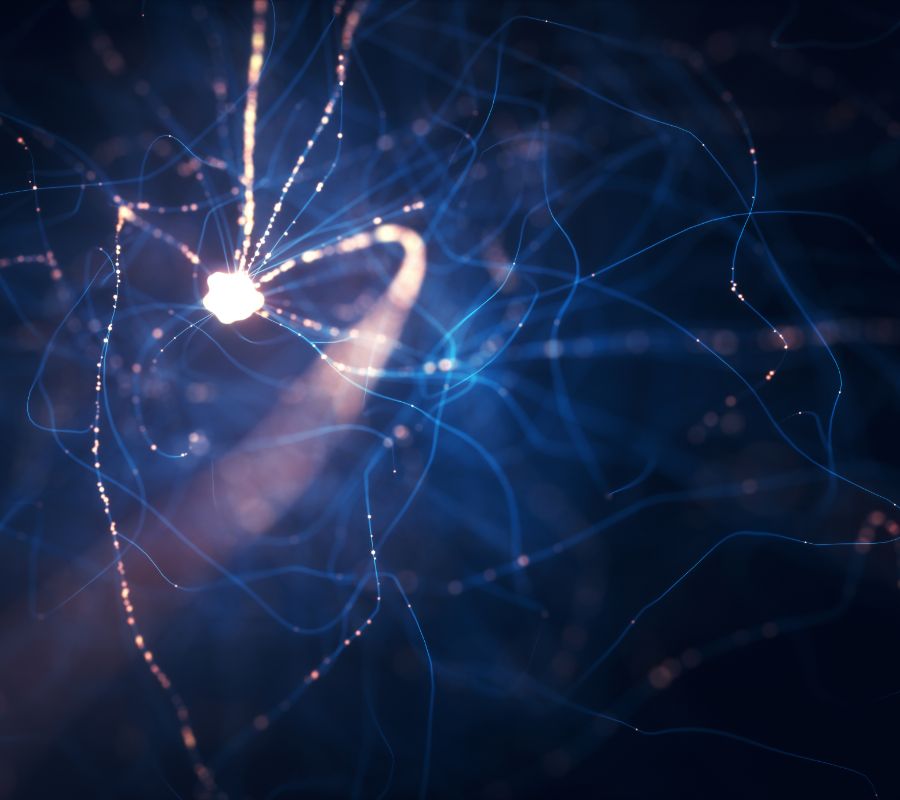
Uncovering a brighter future
These souls have chosen this journey to show us something critical
It is my hope that if we come together as a scientific, medical, and global community to understand our relationship to the toxicity and the solutions at hand for these children, we will uncover a brighter future not only for those with ASD, but for our entire species and planet.
RELATED PODCASTS
Autism Parenting Secrets: We NEED Autism
![]()
The Fullest Podcast: The Sovereign Journey Into Self
![]()
To Be Magnetic: Tapping Into Inner Wisdom and Stillness
![]()
Almost 30 Podcast: The Real Meaning of Life
![]()

